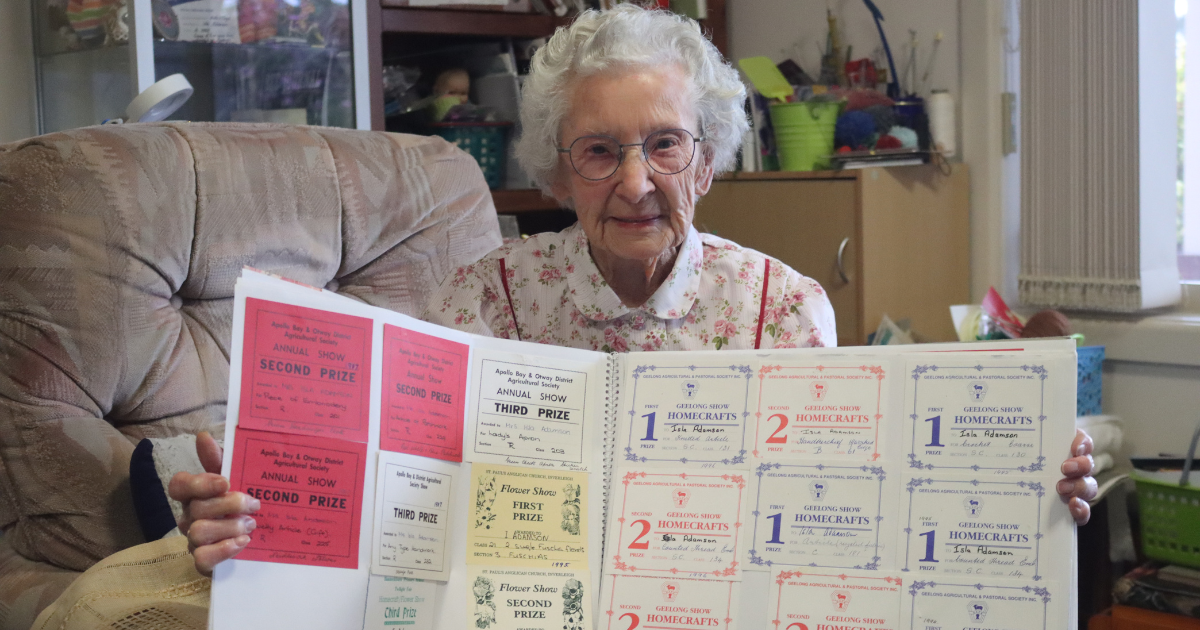Penicillin allergies may be wildly overstated

A molecular model of penicillin by Dorothy Hodgkin, who determined the antibiotic’s chemical structure in 1945.
More than 90 per cent of people recorded as having a penicillin allergy may not actually be allergic.
Experts Misha Devchand and Dr Jason Trubiano from Austin Health in Melbourne review the new Australian guidelines on antibiotics in the latest edition of Australian Prescriber. The guidelines recommend checking if the penicillin allergy is real.
If someone is incorrectly thought to be allergic to penicillin, they are likely to be treated with a broad-spectrum antibiotic that may be less appropriate.
The large number of people unnecessarily taking these antibiotics could contribute to the global problem of antibiotic resistance.
If people with a recorded penicillin allergy are given alternative antibiotics that are not the first-line treatment for their infection, this can result in longer hospital stays, and higher rates of hospital re-admission, surgical site infections and admissions to intensive care units.
“Not only may most penicillin allergies recorded be inaccurate, but many penicillin allergies wane over time,” Ms Devchand said.
“Half of people allergic to penicillin will lose their allergy over five years, and 80 per cent over 10 years.
“If you think that you are allergic to penicillin, it may be a good idea to have your allergy reassessed. Maybe you can be ‘de-labelled’ – that is, having the allergy removed from your health record.”
The article explains how a potential penicillin allergy is assessed. For example, feeling sick while taking an antibiotic is probably not a true allergy.
“Your doctor may ask for details of the reaction, how it was managed and whether you needed to be taken to hospital,” Ms Devchand said.
For people who have a true allergy, the article considers which antibiotics may also be unsuitable.
“It is also important to know the timing of the allergic reaction. Was it within hours of taking penicillin or a few days later?”.

















